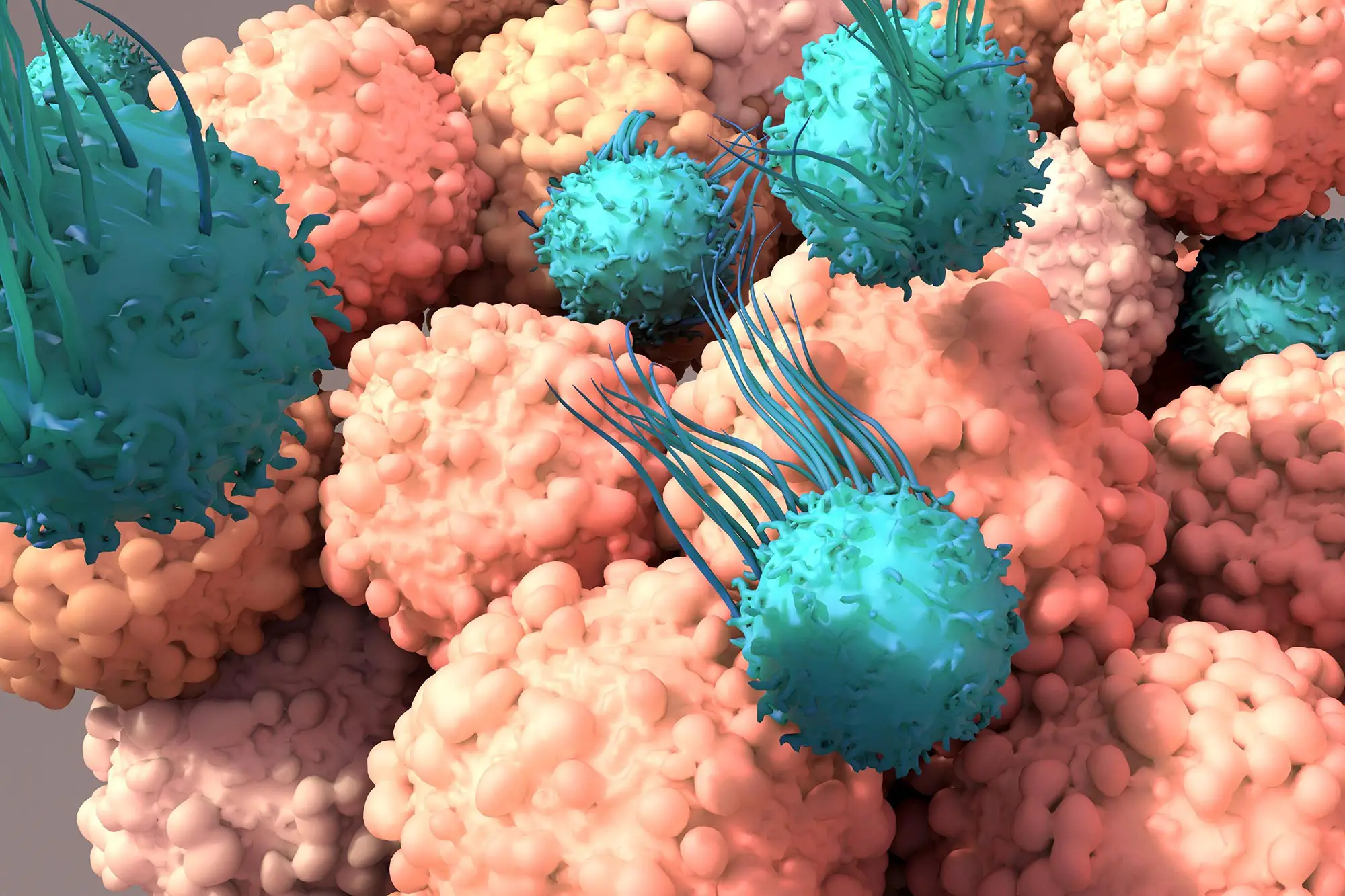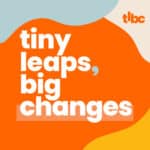Summary of Revolutionizing T Cell-Based Cancer Immunotherapies:
Researchers at the University of Pittsburgh have developed a universal receptor system for T cells that can recognize any cell surface target. The technique involves engineering T cells with receptors containing a universal “SNAPtag” that can fuse with antibodies targeting different proteins, allowing for tailored treatments for optimal immune responses. The researchers demonstrated the potential of the SNAP approach in CAR and SynNotch receptors, opening up possibilities for customized therapies in cancer, autoimmune disorders, and organ transplantation tolerance. SNAP-CAR T cells were able to simultaneously target multiple proteins on different types of cells, suggesting that they could help avoid cancer relapse due to variation in tumor targets or loss of those targets. The researchers plan to test the approach in clinical trials in partnership with Coeptis Therapeutics, which has licensed the SNAP-CAR technology from Pitt.
*****
Universal Receptor System for T Cells Developed for Customizable CAR T Cell and Immunotherapies
Researchers at the University of Pittsburgh have developed a universal receptor system for T cells that could pave the way for highly customizable CAR T cells and other immunotherapies for treating cancer and various diseases. The new approach involves engineering T cells with receptors containing a universal “SNAPtag” that can fuse with antibodies targeting different proteins. This allows treatments to be tailored for optimal immune responses.
SNAPtag Technique Enables Tailored Treatments
A study published in Nature Communications describes that the SNAPtag technique allows for tailored treatments by fusing antibodies targeting various proteins. By tweaking the type or dose of these antibodies, treatments could be customized for optimal immune responses. The researchers showed that their SNAP approach works in two critical receptors: CAR and SynNotch. With the addition of SNAP, the possibilities for customized therapies become almost endless.
Revolutionizing CAR T Cell Therapy
CAR T cell immunotherapy involves engineering a patient’s cells so that the T cell receptor recognizes a specific protein in cancer cells before infusing them back into the patient. One of the big problems with CAR T therapy is that it targets just one protein. Reengineering the T cells becomes a highly involved and expensive process if the tumor evolves to lose that protein or downregulate it.
The researchers developed universal SNAP-CAR T cells to overcome this problem by adding a SNAPtag enzyme to the CAR receptor. These cells are administered with cancer-targeting antibodies labeled with a molecule called benzyl guanine. Via bioorthogonal chemistry, the SNAPtag reacts with benzylamine, fusing the antibody to the receptor. Adding different antibodies simultaneously or one after another allows the receptor to recognize various tumor features.
Unique Covalent Bonding
An advantage of this tight bond iis that receptor activation can be achieved with lower doses of the antibody. Using mathematical modeling, the researchers showed that it might also be possible to get activity from weaker interactions between antibodies and tumor cells, giving greater flexibility to targeted cancer protein types.
The covalent bond was also the secret ingredient for creating SNAP-SynNotch cells. When a SynNotch receptor is activated, mechanical pulling forces stretch the receptor to expose part of the protein, which is then cut to release a transcription factor that travels to the cell’s nucleus to turn on the expression of a chosen gene.
Promising Results in Mice
In a mouse cancer model, treatment with SNAP-CAR T cells shrunk tumors and significantly prolonged survival, an important proof-of-concept that sets the stage to test this approach in clinical trials. Coeptis Therapeutics has licensed the SNAP-CAR technology from Pitt and is set to partner in these trials.
Conclusion
The possibilities for customizable therapies are enormous, and the design of a bioorthogonal approach has many potential applications. The new universal receptor system for T cells, employing the SNAPtag technique, is a genuine breakthrough for CAR T cells and other immunotherapies. Covalent bonding provides a unique design that could be used in different biological systems. Clinical trials will be the next step for testing this approach, but researchers are optimistic about the prospects for developing highly targeted, effective cancer treatments shortly.


